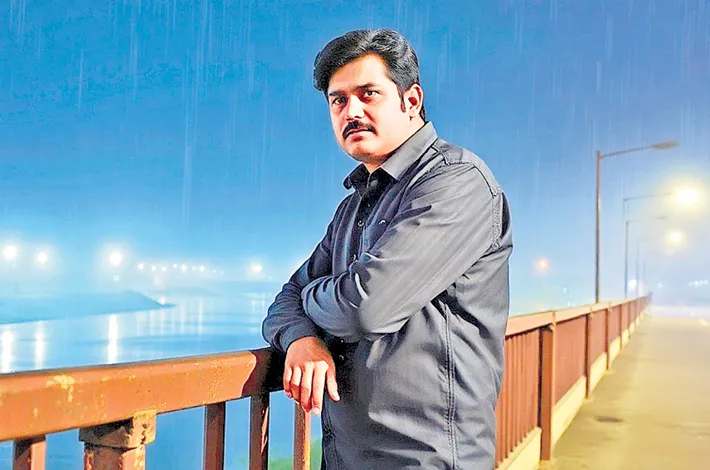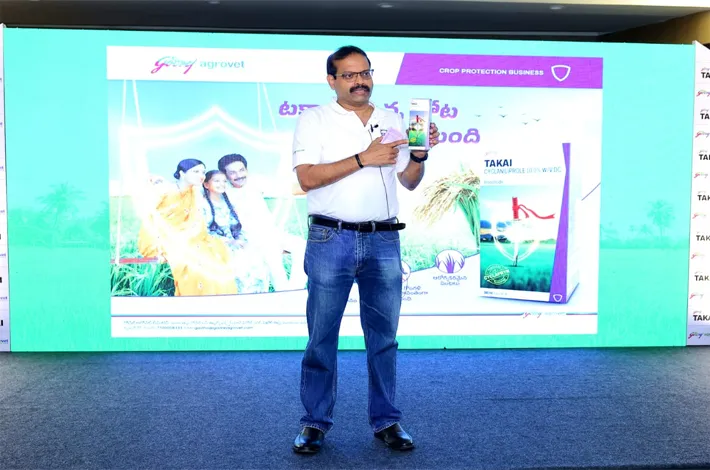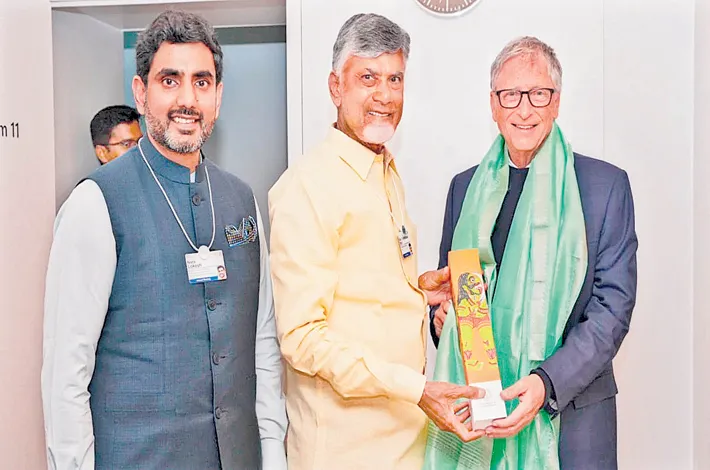The Sugar Mill Adda
29-08-2025 12:00:00 AM

The air in Azamgarh was thick with the scent of rain-soaked earth and the faint tang of diesel from passing rickshaws. Inspector Vikram Singh leaned against the rusted railing of the Tamsa River bridge, his eyes scanning the sluggish waters below. It was past midnight, and the town was asleep, save for the occasional bark of a stray dog. His phone buzzed, shattering the silence. A body had been found near the old sugar mill on the outskirts of town. Vikram stubbed out his cigarette and headed to his jeep, his gut telling him this wasn’t just another drunken brawl gone wrong.
The sugar mill, a crumbling relic of Azamgarh’s industrial past, loomed like a ghost in the moonlight. The scene was grim: a young woman, no older than 25, lay sprawled in the overgrown weeds, her throat slashed with surgical precision. Her eyes were wide open, frozen in terror. Constable Rakesh, a nervous rookie, stood nearby, clutching his notepad. “No ID, sir. No purse, no phone. Just… this.” He held up a small brass locket, engraved with the initials “S.K.”
Vikram’s jaw tightened. Azamgarh wasn’t Mumbai or Delhi; murders here were rare, personal, and usually tied to land disputes or family feuds. But this felt different—calculated, cold. He crouched beside the body, noting the lack of defensive wounds. She hadn’t fought back. Either she knew her killer, or she never saw it coming. The locket was his only lead, and he slipped it into an evidence bag.
By morning, the town was buzzing with rumors. The victim was identified as Shalini Kashyap, a schoolteacher who’d moved to Azamgarh two years ago from Varanasi. Quiet, unmarried, and well-liked, she had no enemies—at least, none anyone could name. Vikram visited her modest rented room in the Chhoti Bazaar area. The landlord, a wiry man named Gupta, was sweating despite the cool morning. “She paid rent on time, kept to herself. Never any trouble,” he insisted, avoiding Vikram’s gaze.
Inside, the room was sparse: a cot, a small desk, and a shelf of books on history and poetry. A framed photo showed Shalini with an older couple, likely her parents. Nothing screamed motive—no love letters, no threatening notes. But under the bed, Vikram found a locked diary. He pried it open with a paperknife. The entries were mundane at first—lesson plans, grocery lists—but the last page stopped him cold. In hurried script, Shalini had written: “He knows. I saw him at the mill. If I don’t act, he’ll ruin everything.”
Who was “he”? Vikram’s mind raced. The sugar mill was a known haunt for local thugs and black-market deals, but Shalini wasn’t the type to get mixed up in that world. He sent the locket for fingerprint analysis and headed to the mill again, this time in daylight. The place was a maze of rusted machinery and broken windows, but a faint trail of trampled grass led to a shed in the back. Inside, he found cigarette butts and a scrap of cloth stained with what looked like dried blood. Not Shalini’s—she’d been killed too cleanly for that. Someone else had been here.
Back at the station, Vikram dug into Shalini’s life. Her phone records showed repeated calls to an unregistered number in the weeks before her death. The number was traced to a burner phone, purchased in cash from a shop in Mubarakpur. The shopkeeper, a grizzled old man, remembered selling it to “a tall guy with a scar on his cheek.” Vikram’s pulse quickened. That description matched Ravi Yadav, a local goon with a rap sheet for extortion and assault. Ravi had been quiet lately, but quiet didn’t mean innocent.
Vikram tracked Ravi to a seedy bar near the railway station. The man was nursing a glass of country liquor, his scar gleaming under the dim lights. “I don’t know any Shalini,” Ravi slurred, but his eyes darted to the door. Vikram leaned in, voice low. “You were at the mill. We found your cigarette butts. And I’m betting that locket has your prints.” It was a bluff—the lab results weren’t back yet—but it worked. Ravi’s bravado cracked. “I didn’t kill her,” he muttered. “I was just… watching her.”
“Watching her for who?” Vikram pressed. Ravi clammed up, but not before letting slip a name: “Pandey.” The only Pandey with enough pull in Azamgarh was Vinod Pandey, a wealthy contractor with ties to the local politicos. Rumors swirled that Pandey ran a smuggling ring through the mill, dealing in everything from liquor to stolen artifacts. Shalini, with her history obsession, might’ve stumbled onto something—maybe an artifact hidden in the mill, tied to the locket.
Vikram confronted Pandey at his sprawling mansion in Sidhari. The contractor was all smiles, offering tea and platitudes. “A tragedy, Inspector. But I barely knew the girl.” His calm was too perfect, his alibi too airtight—a business trip to Lucknow the night of the murder. Vikram wasn’t buying it. He tailed Pandey’s men that night, catching one, a wiry thug named Munna, unloading crates at the mill. Under pressure, Munna sang: Shalini had found an ancient idol in the mill’s basement, part of Pandey’s black-market trade. She’d threatened to go to the cops. Pandey ordered Ravi to scare her, but Ravi swore he hadn’t killed her.
The pieces didn’t fit. Ravi was a thug, not a surgeon with a knife. Vikram returned to Shalini’s diary, rereading the last entry. “He knows.” Not Ravi—someone smarter, someone who could kill without leaving a trace. The lab results came in: the locket had Shalini’s prints and one other set, belonging to Dr. Anil Sharma, a local physician who volunteered at Shalini’s school. Sharma was respected, soft-spoken, the last person you’d suspect. But Vikram remembered seeing him at the station, lingering during the initial report, asking too many questions.
Vikram set a trap. He leaked word that new evidence—a witness—had surfaced. That night, he waited in the shadows of the mill. Sharma arrived, nervous, carrying a knife. When confronted, he broke. “She was going to ruin me,” he hissed. “That idol… I found it years ago, sold it to Pandey. She figured it out, threatened to expose us both.” Sharma had lured Shalini to the mill, promising to confess, then slit her throat to silence her.
As Vikram cuffed Sharma, the Tamsa River glinted in the distance, indifferent to the town’s secrets. Pandey would be next, but for now, Shalini’s killer was caught. Vikram lit a cigarette, the weight of Azamgarh’s shadows settling heavy on his shoulders.








